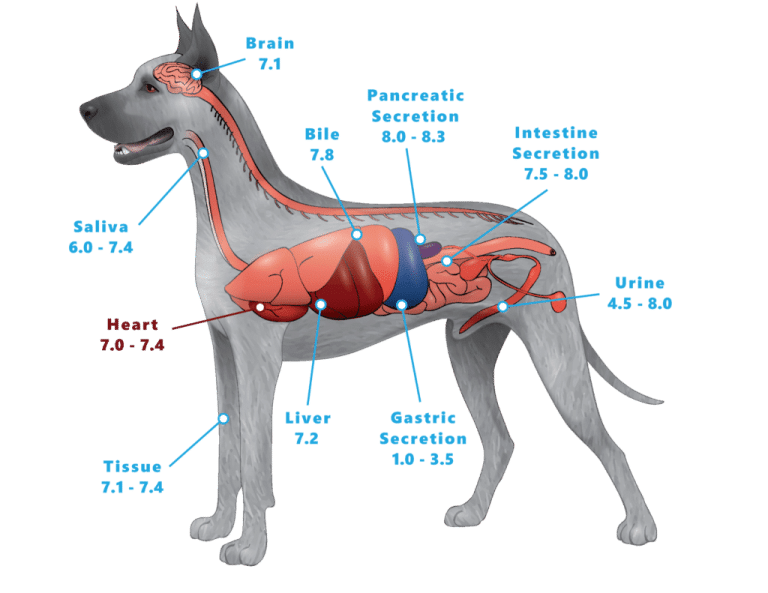The Shih Tzu requires special care and attention. However, there are many myths and misconceptions surrounding this breed that can be detrimental to your Pet’s health. In this article, we will look at common mistakes in Shih Tzu care and give tips on how to avoid them.
1. Myth: Shih Tzu do not shed, so they do not need regular grooming
Reality: Although Shih Tzu’s are considered hypoallergenic and do not shed as much as other breeds, their long and thick coat requires regular grooming. Without proper grooming, the coat can become tangled, forming puffs that cause discomfort and can lead to skin problems. Regular brushing and professional grooming of your Shih Tzu will help keep their coat in good condition and prevent skin problems.
2. Myth: Shih Tzu’s should only be bathed every few months
Reality: Shih Tzu’s tend to have skin problems, so regular bathing with special dog shampoos will help keep their skin and coat clean. However, it’s important not to overdo it – bathing too often can actually lead to dry skin. Optimal bathing frequency depends on your dog’s lifestyle and your veterinarian’s recommendations.
3- Myth: Shih Tzu’s don’t need exercise
Reality: Although the Shih Tzu is a breed that does well in an apartment, they still need regular walks and exercise. This helps maintain a healthy weight, prevents behavior problems, and promotes the dog’s overall well-being.
4. Myth: Shih Tzu’s are not susceptible to serious illnesses
Reality: Like any other breed, Shih Tzu’s have their own health issues. They can be prone to eye, respiratory and skin problems. Regular visits to the veterinarian, proper nutrition, and proper care will help prevent many diseases and ensure a long and healthy life for your Shih Tail.
Conclusion
Caring for a Shih Tzu requires attention, knowledge and love. By avoiding common myths and following the recommendations of experts, you will provide your pet with a comfortable and happy life. Remember that every dog is an individual, and the best care is the one that takes into account its peculiarities and needs.










